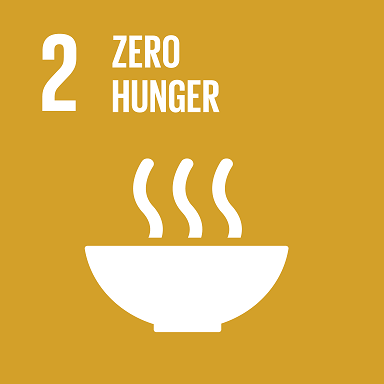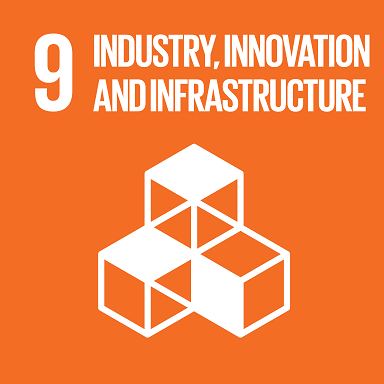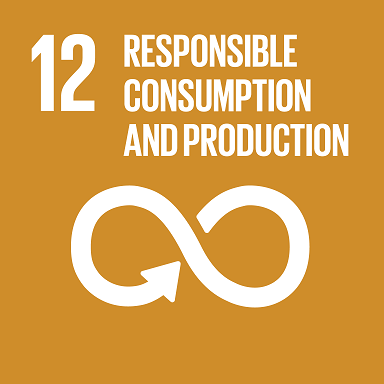Lessons Learnt
Agencia Chilena de Cooperación Internacional para el Desarrollo (AGCID) - Chile
Servicio Agricola y Ganadero (SAG) - Chile
Unidad de Laboratorios Centrales de Sanidad Agropecuaria (ULCSA) - Ministerio de Agricultura (MINAG) - Cuba



Prior review of the beneficiary country's procurement and imports regulations in force
Description of the action that gave rise to the learning:
At the beginning of the project, the team became aware of a series of constraints and limitations established by the country's (in this case Cuba's) regulations related to imports. The lack of prior analysis of these regulations generated important delays in the implementation of certain activities.
Experience gained:
Taking into account that each country has a specific regulatory framework to address imports and procurement processes, it was determined that prior to any intervention, it is important:
- That both the coordinating entity and the organizations/units involved in the project carry out a thorough review/analysis of the country's regulatory/legal framework;
- That meetings are held with the counterparts in the beneficiary country (in this case Cuba) so that details and alternatives can be shared with the team of the coordinating organisation (AGCID) to guarantee more expeditious processes and with the minimum level of risk in the procurement process;
- To have complementary actors, with experience and knowledge in import, export, logistics services and marketing.
Impacts:
Having a previous knowledge of the regulatory/legal framework of the import processes allows to:
- Develop capacities to undertake actions aligned with the specifications of the regulations, thus speeding up the procurement processes (avoid delays).
- Establish, a priori, a procurement protocol/process for all actions of this nature within the project (fluidity in acquisitions and standardization of the process).
The added value of Triangular Cooperation: (more information here)
1. Building ownership and trust.
2. Promoting complementarity and increasing coordination in development cooperation.
3. Sharing knowledge and learning jointly.
4. Co-creating solutions and flexibility.
5. Enhancing the volume, scope and sustainability of Triangular Cooperation
6. Achieving global and regional development goals through strengthened partnerships for sustainable development.
RELATED FILES
Carry out face-to-face meetings to create a protocol of action for the implementation of purchasing and procurement actions abroad, in agreement with all actors involved. This will serve both to minimise possible delays or administrative complications and to ensure compliance with all regulatory requirements, which implies impacts on the efficiency of the project's implementation.




